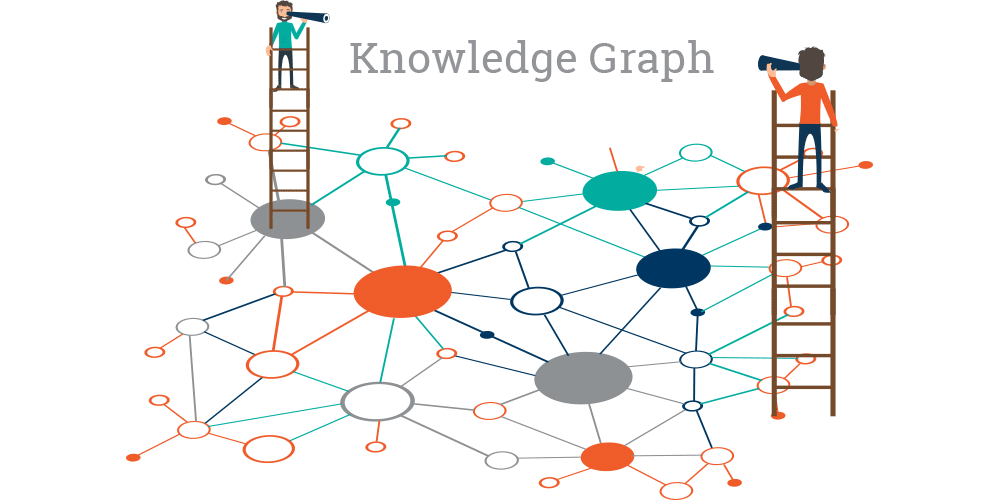

Content optimization is a cornerstone of digital marketing, influencing SEO, user experience, brand authority, lead generation, social sharing, adaptability, and data-driven decision-making. It is a dynamic and essential component for businesses targeting to thrive in the digital landscape.
However, while keywords have played a vital role in content optimization, semantic search now reigns supreme in delving deeper into user intent, shaping the future of content optimization, and transforming how brands succeed online. The article explores the multifaceted influence of digital marketing and the paradigm shift from keywords to semantic search as the driving force behind the future of content optimization.
1. Understanding User Intent
Understanding user intent means grasping the underlying purpose or motivation behind a user’s online search query. It’s paramount as it ensures that content aligns with users’ needs, leading to higher relevance and user satisfaction. Semantic search excels at this by going beyond keyword matching to interpret user intent based on context.
Crucial parameters in this process include analyzing query context, historical user behavior, and the semantic relationships between words. The understanding empowers creators to craft tailored content that comprehensively addresses user intents. An expert SEO company is pivotal in optimizing content for competitive industries by honing this skill.
2. Optimizing for Entity-Based Content
Optimizing entity-based content is crucial in semantic search. It involves identifying and emphasizing specific entities, such as people, places, things, or concepts, within marketing content to enhance its relevance and context. Semantic search recognizes the importance of entities in understanding user intent.
Crucial factors include using natural language to discuss entities and their relationships within the content. The approach differs from traditional keyword optimization as it centers on the content’s depth and richness. SEO backlinks service can bolster entity-based optimization by establishing authoritative connections between entities and content, such as linking a celebrity entity to a news article about them, strengthening content relevance.
3. Improving Topic Clustering
Improving topic clustering is essential in modern digital marketing and SEO. It involves organizing related content around common themes, enhancing content structure, the user experience, and SEO. Key factors include analyzing user queries, generating topics from frequently occurring words, and creating pillar content as comprehensive guides.
The approach prioritizes understanding user intent and context rather than simply matching specific keywords. Internal linking between content pieces aids search engines in comprehending context and relevance, benefiting online visibility and audience engagement. For businesses, local seo solutions play a crucial role in optimizing content for regional relevance within topic clusters.
4. It Rewards Natural Language and Conversational Content
Semantic search, a cornerstone of modern SEO, places a premium on natural language and conversational content. That entails crafting content that flows like a genuine conversation rather than a mechanical keyword list. The importance of this approach is twofold: it enhances the user experience and aligns with the evolving demands of semantic search algorithms. To succeed, content creators must:
Ø Conversational Tone- Write content in a conversational style, mirroring real-world interactions.
Ø Voice Search Compatibility- Structure content to answer voice-based queries effectively.
Ø User-Centric Content- Prioritize user needs with informative, clear responses.
Ø Long-Tail Keywords- Incorporate phrases resembling verbal questions.
Ø Avoid Keyword Stuffing- Maintain readability and user experience.
Also, landing page design services ensure user-friendly presentation, mobile optimization, and seamless navigation.The approach rewards natural language and conversational content, enhancing search relevance and user engagement.
5. Semantic Search’s Ability to Understand Local Queries
Semantic search’s ability to understand local queries is a game-changer for businesses with physical locations or those targeting specific regions. It ensures that semantic search algorithms can provide more accurate and relevant results when users search for services or products in their vicinity. The proficiency is particularly significant for specialized services like junk removal, where local targeting is crucial.
Professional SEO for junk removal necessitates seamlessly integrating location-specific information into content optimization while diligently following local SEO best practices. That entails meticulously incorporating localized keywords, strategically geo tagging content, and maintaining up-to-date business listings. Semantic search’s enhanced capabilities significantly boost local businesses’ visibility and improve the user experience for location-specific queries, making it a valuable tool for companies in this niche.
Unlock Your Business Potential with Semantic Search Ranking
In the ever-evolving digital marketing landscape, semantic search’s power transcends mere keywords. It propels businesses toward enhanced visibility, user engagement, and relevance. In this journey, the guidance of an experienced SEO digital partner becomes indispensable in navigating the intricacies of natural language and conversational content. As businesses embrace the era of semantic search, it opens doors to a more humanized, user-centric, and future-proof digital presence.








